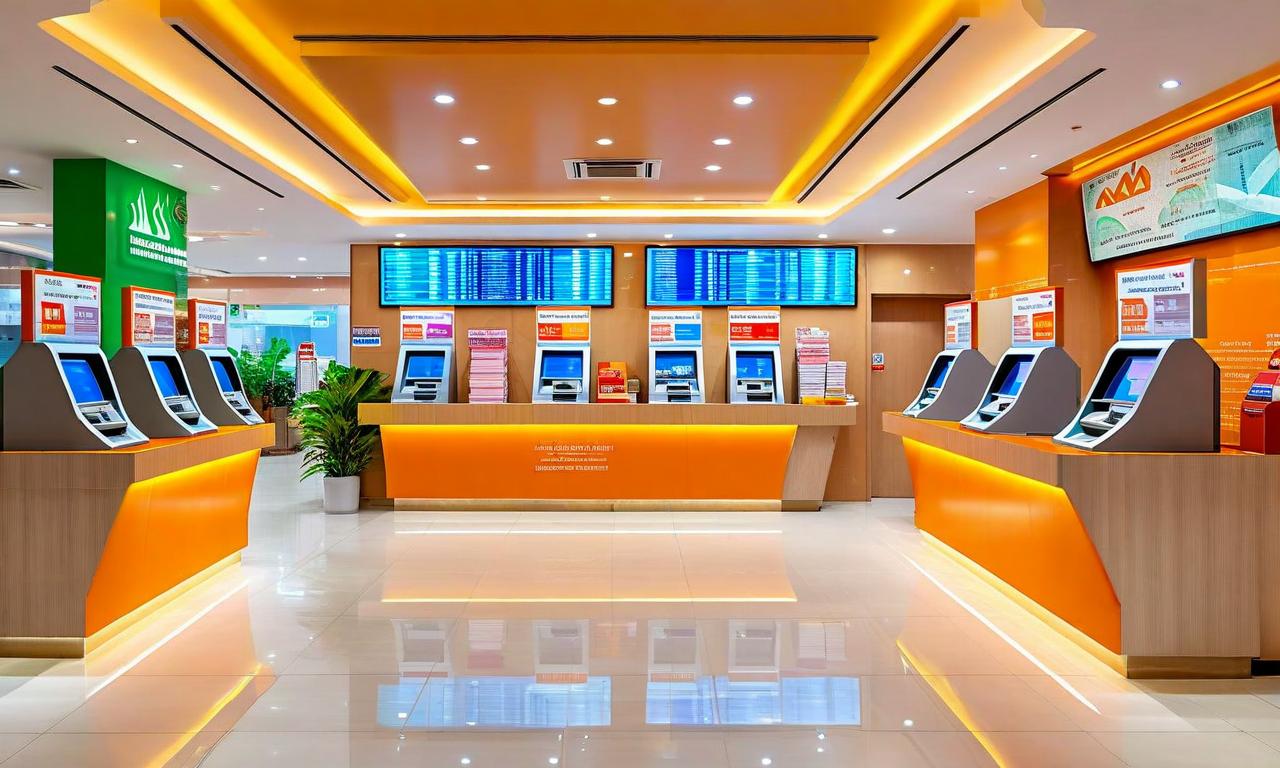EFTA Companies Announce Major Investments as India Trade Pact Takes Effect
The India-EFTA Trade and Economic Partnership Agreement (TEPA) has come into effect, prompting significant investment announcements from companies in Switzerland, Norway, Iceland, and Liechtenstein. Key investments include Iceland's Kohinoor Ropes setting up in Aurangabad, Bucher Hydraulics committing Rs 200 crore, Landqart AG planning 30 million Swiss francs investment, and Roche intending to invest 1.5 billion Swiss francs in R&D. These early commitments contribute to the $100 billion investment pledge under the trade pact, spanning diverse sectors and potentially boosting job creation, technology transfer, and economic cooperation between India and EFTA countries.

*this image is generated using AI for illustrative purposes only.
The India-EFTA Trade and Economic Partnership Agreement (TEPA) has come into force, triggering a wave of investment announcements from companies based in Switzerland, Norway, Iceland, and Liechtenstein. This development marks a significant milestone in India's economic relations with the European Free Trade Association (EFTA) countries.
Key Investment Announcements
Several companies have already unveiled their plans to invest in India, showcasing the immediate impact of the trade agreement:
- Iceland's Kohinoor Ropes: Set to establish a facility in Aurangabad within a year.
- Hilti and ABB India: Announced expansion plans.
- Bucher Hydraulics: Committed Rs 200.00 crore investment and aims to double its exports from India.
- Landqart AG (Switzerland): Plans to invest 30.00 million Swiss francs.
- Mediterranean Shipping Company: Exploring opportunities in recycling, shipbuilding, and terminal operations at Wadhawan port.
- Roche: Intends to invest at least 1.50 billion Swiss francs in R&D and government schemes.
- Schwihag AG: The railway solutions company has committed 40.00 million euros for its India operations.
Economic Impact and Future Prospects
These investment announcements represent early progress towards the ambitious $100.00 billion investment pledge under the trade pact. The diverse range of sectors involved - from rope manufacturing to hydraulics, pharmaceuticals, and railway solutions - indicates the broad-based impact of the TEPA on India's industrial landscape.
Strategic Importance
The India-EFTA TEPA is expected to boost bilateral trade and investment flows between India and the EFTA countries. It opens up new avenues for collaboration in various sectors, potentially leading to:
- Job creation
- Technology transfer
- Enhanced economic cooperation
As companies from EFTA countries expand their presence in India, it could result in:
- Increased exports
- Improved infrastructure
- A boost to local manufacturing
These outcomes align with India's push for self-reliance and its position as an attractive investment destination.
The swift response from companies following the agreement's implementation suggests a positive outlook for India-EFTA economic relations. As more details emerge and additional investments materialize, the full scope of the TEPA's impact on India's economy will become clearer.
























